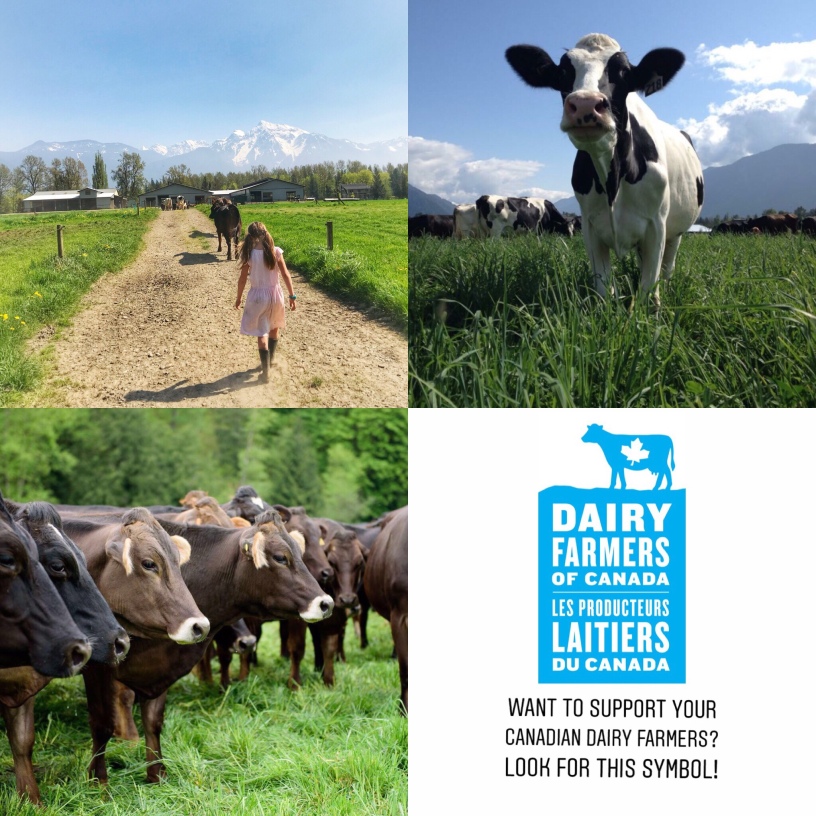Now that I have had some time to let the recent announcements about how the TPP will affect the dairy industry sink in, here is my reaction:
First of all, I’d like to extend my thanks to Dairy Farmers of Canada, and especially to DFC President Wally Smith, for their untiring work representing Canadian dairy farmers’ best interests both in Hawaii in July, and in Atlanta and Ottawa during this round of negotiations. I know that they did their utmost to present our industry’s concerns and reservations about the trade agreement and lobbied unceasingly for the preservation of our supply managed system. And their hard work paid off! Remember, just a few months ago, supply management as a system seemed to be on the negotiating table, and just last week rumours suggested that up to 10% market access was being considered. Thankfully, neither of these two scenarios came to fruition.
So what does the TPP mean for our dairy industry? Well, I don’t pretend to be an expert, but I’d like to take some time to share my thoughts.
Under the TPP agreement, our trading partners now have access to an additional 3.25% of our dairy market, tariff-free, based on 2016’s milk production. Consequently, this milk will not be produced in Canada, and will result lost revenues for dairy farmers as well as a reduction in our GDP and tax revenue. Our government negotiators obviously thought this was an appropriate and acceptable price to pay to participate in the TPP. And of course, there are benefits to being involved in this trade agreement, also for other agriculture sectors such as beef, canola, barley, pork, wine, etc, who will all benefit in some manner from this trade deal. But while we are happy for their good fortune, this does not detract from the reality facing our industry: reduced demand for our Canadian milk which will be displaced by foreign imports. As a result, dairy farmers’ income will be reduced. The government has announced that it will be implementing new programs to help dairy farmers through this situation. While what this will exactly entail remains to be seen and/or expounded upon, here is the official announcement:
“The Government of Canada announced new programs for dairy, poultry and egg producers and processors to assist them throughout the implementation of TPP and the Canada and European Union Comprehensive Economic and Trade Agreement (CETA):
•The Income Guarantee Program will provide 100% income protection to dairy, poultry and egg producers for a full 10 years from the day TPP comes into force. Income support assistance will continue on a tapered basis for an additional five years, for a total of 15 years.
•The Quota Value Guarantee Program will protect producers against reduction in quota value when the quota is sold following the implementation of TPP. The program will be in place for 10 years.
•The Processor Modernization Program will provide processors in the supply-managed value chain with support to further advance their competitiveness and growth.
•The Market Development Initiative will assist supply-managed groups to promote and market their top-quality products.”
Dairy Farmers of Canada is still assessing exactly what these programs mean, and I’m sure they’ll be forthcoming with that information as it becomes available. DFC President Wally Smith said that he appreciates the government support which has “lessened the burden by announcing mitigation measures and what seems to be a fair compensation package, to minimize the impact on Canadian dairy farmers and make up for cutting growth in the domestic market.” We certainly would rather have emerged from these negotiations without having had to sacrifice any market access, but we’re still thankful that our supply management system has remained intact.
While I am grateful that our government will try to ensure our industry’s survival with these assistance programs, it galls me to think that one of the biggest points of pride in our industry is falling: these programs are likely to be viewed as subsidies. We can no longer pride ourselves on being able to produce our milk without government support. And I know that this is beyond our control, but I can’t help but feel that this is somehow represents a decline in our industry’s integrity. If only national food sovereignty was more important to our government, because if it was, we wouldn’t be in this position at all.
For our consumers:
THANK YOU so very much for your support and encouragement during the last few months. It’s wonderful to know that our work is appreciated and that you understand the benefits of keeping the milk in our grocery stores produced by Canadians, for Canadians. We’re grateful for the actions you took on our behalf: sending letters to our government in support of Canadian dairy, contacting your government representatives directly, and sharing our concerns with your friends via social media. I believe that this outcome is a result of the public outcry at the suggestion of opening our markets to huge amounts of foreign product, and that without your support and participation in our campaign to preserve supply management the final result would have been far more detrimental to our dairy farmers.
A few months ago, you showed in an overwhelming manner that you support milk produced by Canadian farmers. In a poll conducted by Environics Research, 89 per cent of you said it was important, or very important, that the milk products you use come from Canadian farmers! We’re so glad you are happy with the product we produce, and we hope that we can continue to count on your support. Thankfully, it is still possible for you to source Canadian dairy products and thus support Canadian dairy farmers. Dairy products that are produced with only Canadian milk are labeled with the 100% Canadian Milk logo of the little blue cow. If your favourite dairy items don’t have this label, contact the processor to ask if it produced with only Canadian milk and ask them to label it as such. Remember, purchasing products made from 100% Canadian milk means that the benefits of that sale remain in Canada: it benefits the farmer and the whole economy. Our farmers rely on many other Canadian businesses to produce milk: feed companies, equipment companies, banks, transportation companies, etc. and so by purchasing Canadian milk, you help to keep these companies in business as well, which bolsters the entire Canadian economy. By buying Canadian, we all win – consumers and farmers alike. What’s not to like about that?
I believe that our industry will survive this hurdle. It may not be easy, and it likely won’t be pretty. But now more than ever we need to remain strong and united. We must continue to supply our top-quality milk, produced according to the highest quality and animal welfare standards IN THE WORLD. And we will continue to do this because, really, could we do otherwise? When dairying is in your blood, there simply is no alternative. It’s not what we DO, but it’s who we ARE. We ARE Canadian dairy. And we’re immensely proud of that. I know that you will join me in continuing to fight to keep Canadian dairy farming viable for our consumers and, just as importantly, for the next generation, so that they, too, can become what they dream to be: dairy farmers of Canada.



